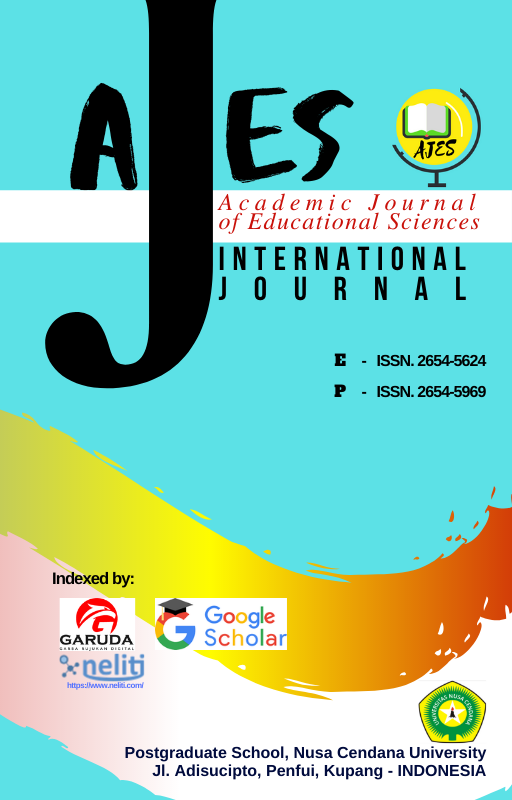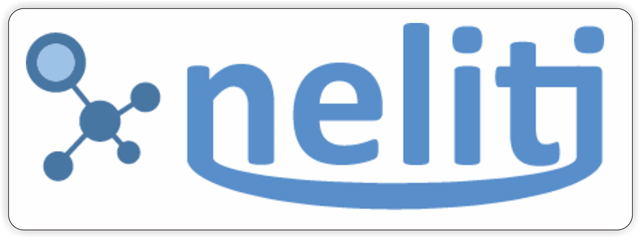THE RELATIONSHIP OF TRADITIONAL HOUSE AND COMMUNAL FARMING LAND AS CULTURAL PROPERTIES OF CLAN IN MANGGARAIAN SOCIETY (A CULTURAL LINGUISTIC ANALYSIS)
Abstract
This study aims to describe the relationship of traditional house and communal farming land in Manggaraian society. The study is viewed from the perspective of cultural linguistics as one of the new theoretical perspectives in cognitive linguistics exploring the relationship of language, culture, and conceptualization. The study is descriptive-qualitative. The results of study show that the relationship of traditional house and communal farming land in Manggaraian society is reflected in the verbal expression of Manggaraian language, Gendangn one, lingkon pe’ang ‘Drum inside, round field outside’. The forms and meanings of linguistic phenomena used in the verbal expression designate the conceptualization of Manggaraian society regarding the ownership of the mbaru gendang as the origin house of the wa’u as a patrilineal-genealogic clan living in one village and the lingko randang as common farming land belonging to the wa’u as the source of their life welfare as dry land farmers. The verbal expression is a linguistic evidence inherited from the ancestors of Manggaraian society indicating the existence of the wa’u as partilineal-genealogic clan as a house-based community whose livelihood is as dry land farmers.

 Ni Wayan Sumitri(1)
Ni Wayan Sumitri(1)







